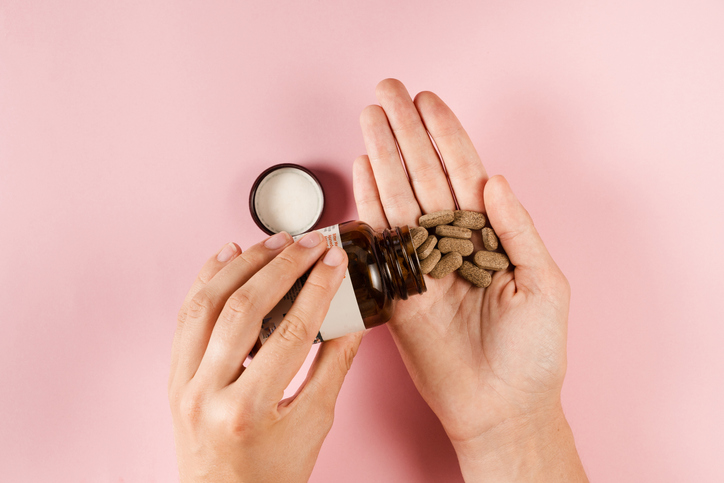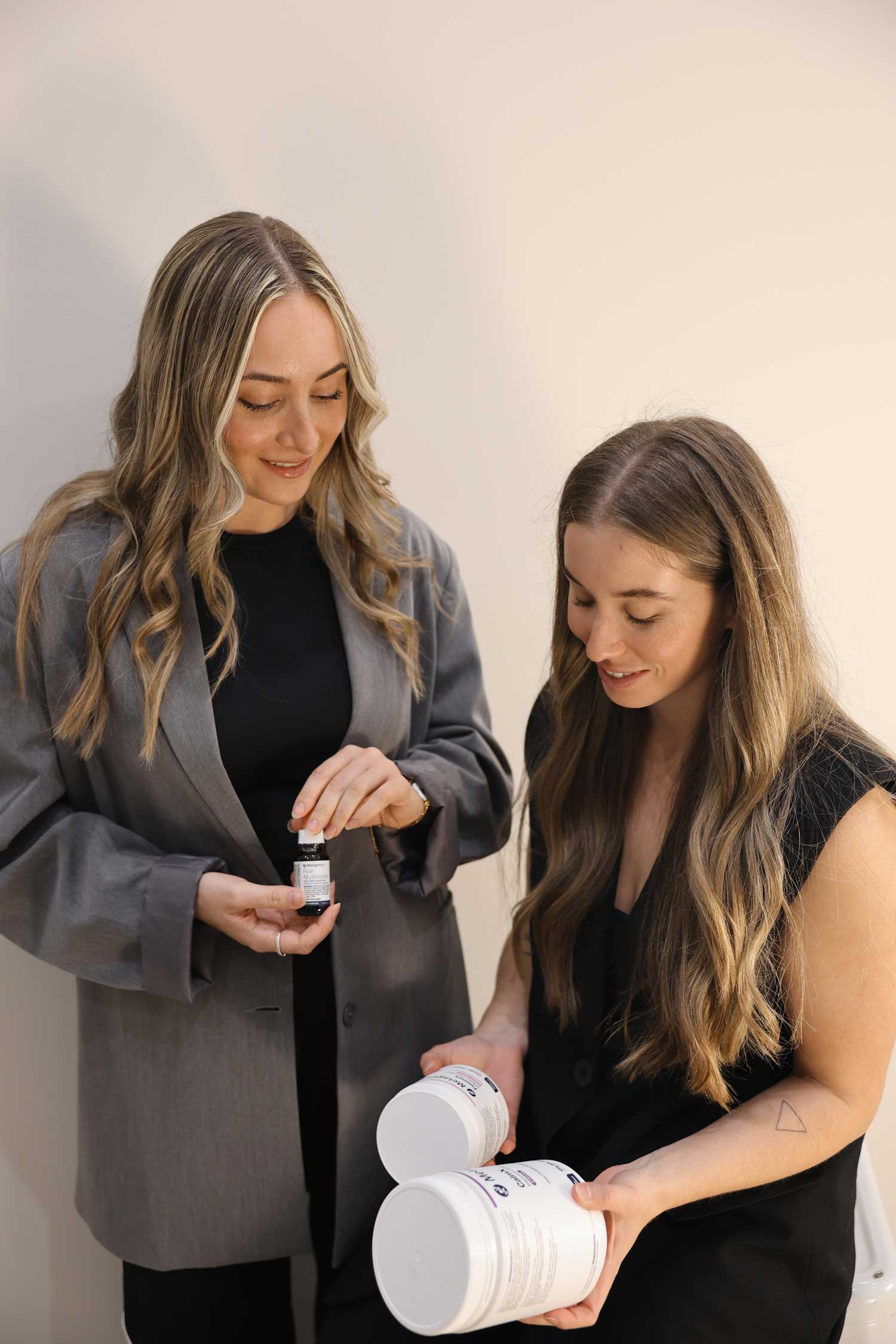Ladies, are you tired of those monthly cramps that feel like a never-ending battle? Well, zinc might just be your new secret weapon. Recent studies, including a 2023 gem, have shown that zinc can significantly reduce period pain. It does this by calming inflammation and taming prostaglandins. Plus, it’s a key player in the fight against endometriosis.
And for those of us dealing with periods that seem to have a mind of their own, zinc steps in as your menstrual cycle’s personal trainer. It nourishes your ovarian follicles and encourages regular ovulation, bringing some order to the chaos.
See here on ways to apply zinc for female struggles:
PMS got you down? No worries. A study from 2022 has found that zinc supplements can help lighten the mood when those pre-period blues hit.
Now, let’s talk about PCOS. If you’ve been battling acne or hirsutism (unwanted facial hair), zinc can be your secret weapon. It’s an androgen fighter, reducing testosterone levels and tackling those androgen-related issues. How? By reducing the production of dihydrotestosterone (DHT) through the mighty 5α-reductase.
Endometriosis can be so tough, but zinc can help here too by turning down the heat on inflammation, partly by reducing something called matrix metalloproteinases (MMPs).
Acne struggles? Zinc to the rescue! It’s your ally in the battle against breakouts, putting the brakes on androgens, killing acne-causing bacteria, and keeping sebum and keratin production in check.
As you venture into perimenopause and menopause, zinc remains your friend. It’s there to keep your collagen and tissues healthy, waving goodbye to the discomfort of vaginal dryness.
Thyroid issues? Zinc plays a starring role alongside iodine and selenium, ensuring your thyroid hormones are in tip-top shape. No more stressing about hair loss – zinc has your back, boosting thyroid hormone production while those hormones, in turn, help you absorb more zinc.
And when it comes to mood, zinc is like your own personal mood stabilizer. It supports the hippocampus, which helps keep cortisol (the stress hormone) in check, ensuring you’re feeling your best.
So, why not consider adding a bit more zinc to your daily routine? It could be the superhero your well-being has been waiting for!
Zinc deficiency is a prevalent issue affecting approximately one in three women. This deficiency is particularly common among those following a plant-based diet, mainly because plant-based foods tend to be low in zinc content.
Several factors can contribute to reduced zinc absorption, such as the consumption of alcohol, certain stomach medications, conditions like hypothyroidism, and the use of hormonal birth control methods.
Some telltale signs of a zinc deficiency include:
- Hair loss
- Dermatitis or other skin issues
- Impaired immune function
- Development of white spots on the fingernails (naturopaths call these ‘zinc spots’)
To determine if you are deficient in zinc, a plasma zinc test can be performed, with the typical reference range falling between 11-23 umol/L or 70-150 ug/dL.
When it comes to supplementing with zinc, a safe and effective daily dose is around 30 mg. Opt for high-quality forms like zinc citrate, or zinc bisglycinate. It’s essential to take zinc supplements directly after a substantial meal, as taking them on an empty stomach may lead to nausea. It’s worth noting that consistently taking more than 80 mg of zinc for over three months can deplete copper levels so please talk to your naturopath to determine a dosage for you!
Lets get you glowing again, any questions on Zinc, pop in store to WholeLife Pharmacy to see Naturopath Bella!
Blog post by Bella Roberton BHSc Naturopathy




